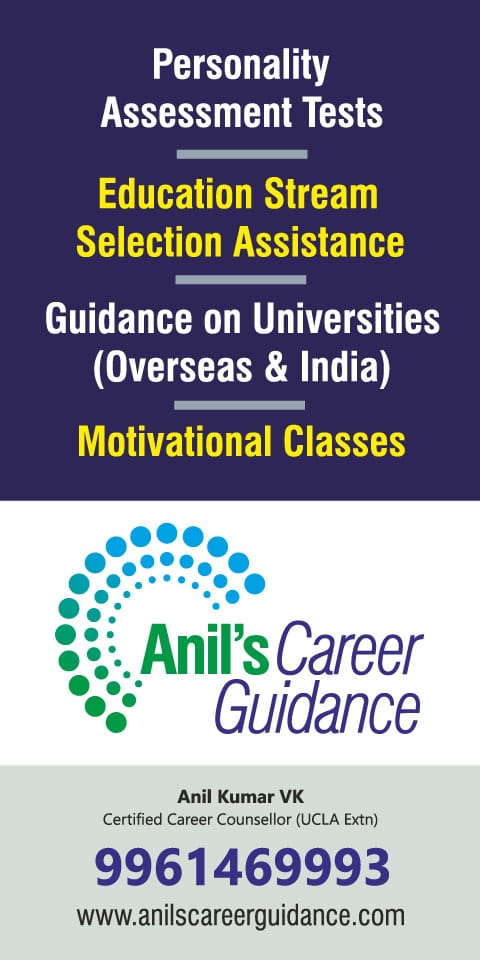
Your Personality is what you are




















Is job-hopping and career success related to each other? What is the effect of one on the other? How long is too long for staying in a company? I must admit, the resumes that pass by my desk makes me conclude job-hopping is far too common.
Job hoppers do it for various reasons. More often than not they may not know what they are getting into. Sometimes, it is because they do not know what they want and hence are not ready for the challenges that lay ahead of them.
In my opinion, changing jobs often affects your career in a negative manner. Consider this, what signals are you sending to your potential employer if you are job-hopping too often?
I have a two-year rule I tell my staff and potential employees. The two-year rule is this – you must be willing to commit mentally to spend at least two years in the company before you quit. The reason is this; you need to deal with the learning curve. If you job-hop too often, you learn nothing substantial.
For me, it takes you at least a year to know the ins and outs of the company. Then another year before you can eventually be truly productive in adding value to the company. To see the true results of your contribution to the company, for me it takes at least two years. So, if you are prone to changing jobs and career success is on your mind, then it is time to rethink.
Many well-established companies have training programs. They are willing to invest in fresh graduates and newbies. However, in order for them to make that decision they need to look at past track records. Ask yourself, if you are a manager – who are you more likely to invest training time and money on? Someone who is job-hopper and shows tendency to job-hop or someone who is stable? Companies are more likely to invest in people who are stable. The reason is simple. They are able to contribute back into the company. Everybody wins. If you are constantly moving from one job to another, you send a signal that you are not ready to commit.
Companies like to invest in people who see their career goals align with their corporate goals. Job-hoppers usually cannot see their career path beyond the next year.
One of the best ways to quit job-hopping is to truly know what you want. Once you know that, you will have singular focus in the pursuit of your career goals. Of course, it is understandable that as a fresh graduate or newbie at work it is tough to know that. You may be interested in some other industries.
If there are other fields that you are interested in then make a plan to find out about them. Start with the Internet, and then ask friends who may know people in those fields. Speak to them; ask them about the expectations of the company and the role of the position you are interested in. You may not have all the answers but at least you get some idea. That would decrease the chances of you jumping jobs.
If you are new in the work force and have been job-hopping quite a bit, my advice to you is this – truly find out what you want. Once you know that, find a company that is willing to train or how they are willing to commit to their employees’ career in the long term. If they have structured training programs, join them.
Make learning the relevant skills and knowledge in that industry your key objective. The skills and knowledge that you learn will contribute to your career success in the long term. It is something that you can bring with you the rest of your life. Once you see the benefits of committing to a company who is willing to train you for more than two years, hopefully you won’t be job-hopping often anymore.
According to some experts, some of the most in-demand careers over the next 10 years may include:
CAREER GUIDANCE is a part of education. We educate to travel thru a genuine and Scientific path. We analyse, research and advise from experience and experiments using scientific tools. Multiple Intelligences Test, Differential Aptitude Tests and One-to-one Counselling are used in career decision and personality development solutions. We guide to best suitable courses, colleges, and careers.
Our fees starts from IRS 1000 to 5000, inclusive of psychometric test , interpretation and remedial suggestions.
Anil’s Career Guidance provide personal guidance that allow the continued delivery of high-quality, progressive careers strategies and programmes that support students of all age groups to acquire the knowledge, skills and confidence to fulfil their potential.
Welcome to a new career path.